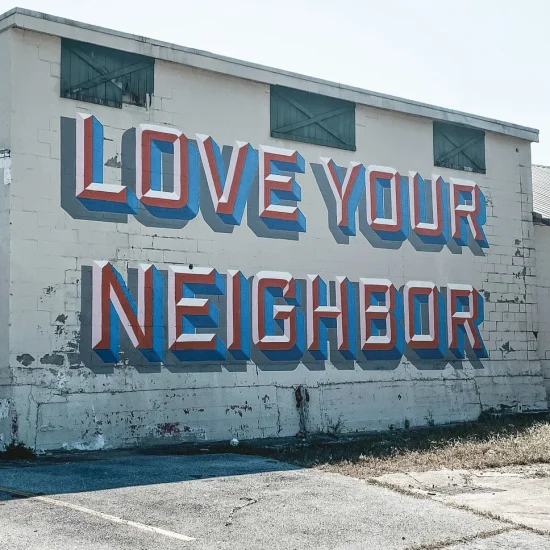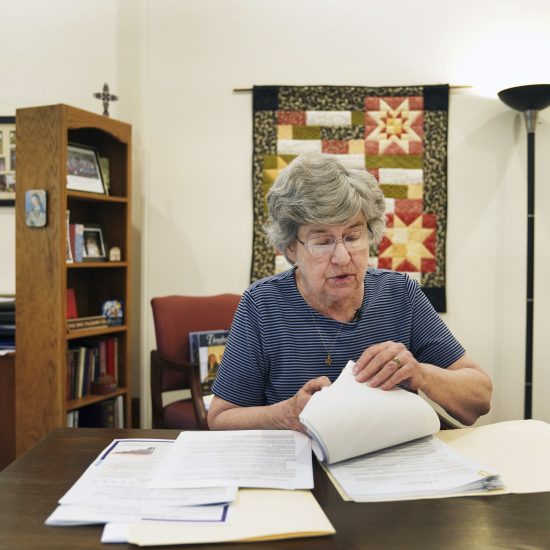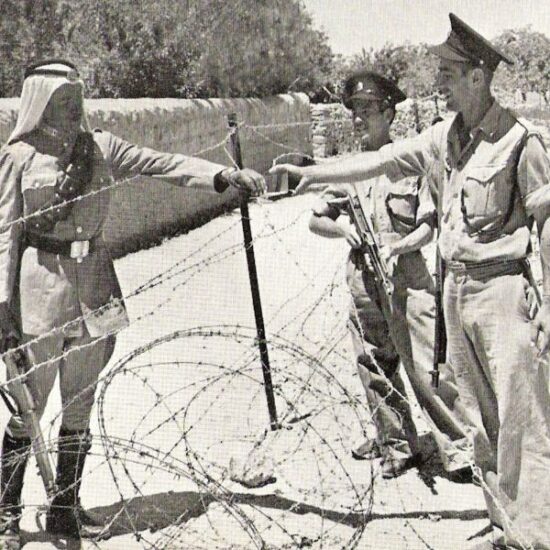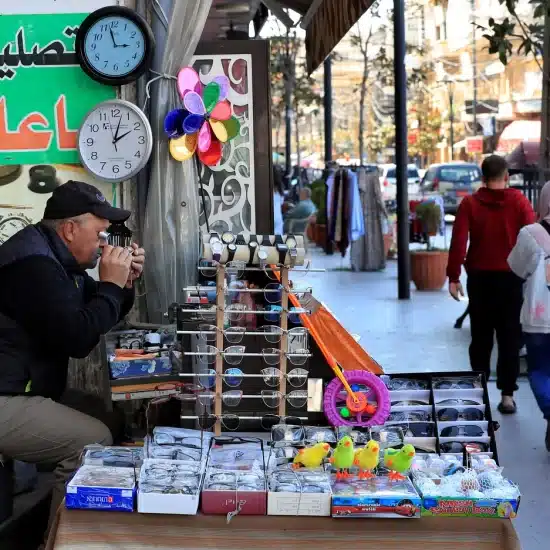HONOLULU — A West Texas missions professor who served more than two decades in Indonesia and an Arab Baptist educator from Lebanon emphasized the need to reach out in love to Muslims.
Robert Sellers, missions professor at Hardin-Simmons University’s Logsdon School of Theology in Abilene, Texas, and Nabil Costa, executive director of the Lebanese Society for Educational and Social Development, led a focus group discussion of Christian-Muslim relations, held during the Baptist World Congress in Honolulu.
Christians and Muslims are part of the same extended family, related through a common belief in the God of Abraham, Sellers said.
“Muslims are our religious siblings, for we are all descendants of Abraham, Sarah and Hagar,” Sellers said. “We worship the same God — the God of Abraham, the Creator God, the God of the Hebrew Bible and the New Testament.”
Sellers noted with alarm the misconceptions and broken relationships between Muslims and Christians — particularly Christians from the United States.
“As an American, I am troubled by how Christians and Muslims perceive one another in a world where some people attach religious meanings to my nation’s domestic or international policies and actions,” he said. “As a Christian, I am concerned that followers of the two largest of the world’s living religions — Christianity and Islam — learn to relate peacefully and productively.
“And as an American and a Christian, I am alarmed by the growing marginalization of Muslims in the United States — and especially disturbed that American Christians do not defend our Muslim neighbors more courageously.”
In the United States, some media have fed the stereotyping and blatant misrepresentations of Islam, creating a climate of fear that stigmatizes Muslims in general, Sellers said.
“Popular American columnists and talk-show hosts use rhetoric that is, at best, one-sided or, at worst, malicious and shameful,” he said.
Unfortunately, he observed, some Christians have been complicit in demonizing Muslims by spreading rums, innuendo and fear through harsh words or forwarded e-mails.
But, he added, Christians who respond with tolerance or neutrality toward Muslims are just as ineffective as those who react with fear and stereotypes. Tolerance means indulging someone else’s different beliefs, he noted.
“Jesus would not have us merely tolerate our Muslim neighbors, much less treat them with indifference, as if they do not matter to God, whose beloved creation and precious little ones they also are,” Sellers said.
Christians should reach out with compassion and friendship to Muslims, following the example of Jesus who crossed barriers in his day to extend love to people who were feared, stereotyped or even violently oppressed, he said.
The Sermon on the Mount and the parable of the Good Samaritan dictate how Christians are to respond to Muslims, said Costa, who works with Arab Baptist Theological Seminary and Beirut Baptist School.
“If they are our enemies, Jesus said we are to love them. If they are our neighbors, Jesus said we are to love them. So, either we love them as enemies or love them as neighbors. That’s our only choice,” he said.
Two periods of early Islamic history characterize opposing approaches by Muslims—the Mecca period of peaceful coexistence with Jews and Christians and the Medina period of military engagement, he observed.
While radical Muslims lay claim to the Medina model to justify their acts of aggression, many moderate Muslims seek to live in peace with followers of other faiths.
“We cannot look at all Muslims and expect them to be the same,” Costa said.
Nevertheless, too many people in the West allow their perception of Muslims to be colored by sensational news reports about the Middle East, he noted.
“Media in this country is not the friend of grace,” he said. “They like stories of Islam to be as scary as possible.”
As an Arab Christian, Costa acknowledged he once held hard feelings toward Muslims. But during war in Lebanon, he recognized his Christian responsibilities to minister to refugees without regard to whether they were Christian or Muslim. He experienced a change of heart toward Muslims because of that.
“They are our neighbors. We need to live with them. They are our neighbors. We need to love them,” Costa said.
Education and community development have become effective avenues for building relationships with Muslims, he noted. Acts of mercy — practiced with a humble spirit — should become a way of life for Christians.
“Never underestimate the power of humility,” he said. “Much conflict emerges from human arrogance.”
Ken Camp is managing editor of the Texas Baptist Standard.






